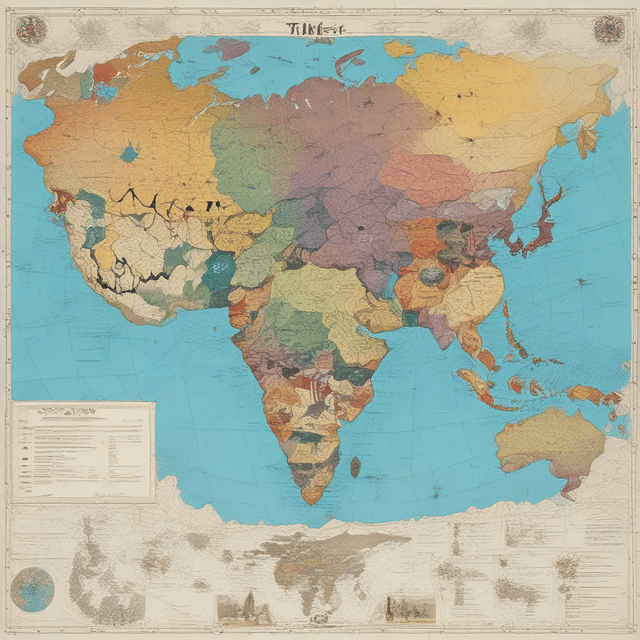
| Subject | The Concept of 'the West' in an Alternate Timeline |
| Summary | In this alternate timeline, the concept of 'the West' refers to a diverse collection of nations, economic blocs, and cultural spheres that have taken shape over the 20th and 21st centuries. Rather than a single dominant superpower, this version of the West is characterized by a more multipolar global order, with power distributed across various regional hubs. |
| Key Factors | Historical development • Geopolitical dynamics • Socioeconomic influences |
| Significance | Explores an alternative vision of the Western world, highlighting its complex and multipolar nature compared to traditional understandings. |
The term "the West" in this timeline refers to a diverse collection of nations, economic blocs, and cultural spheres that have emerged over the past century. Unlike our reality, where the United States and Western European powers came to dominate the global order, this version of the West is defined by a more multipolar distribution of power and influence.
One of the primary differences in this timeline is the continued significance of several major colonial empires that declined in our world. Rather than the rapid decolonization process that swept across Africa and Asia in the mid-20th century, many European powers like the Netherlands, Italy, and Spain were able to maintain control over vast overseas territories for longer.
As a result, the colonial legacies of these nations have had a far more lasting impact on the geopolitical and economic makeup of "the West." The Dutch Colonial Empire, for instance, remained a major force in regions like Southeast Asia and South America well into the 1970s. Similarly, the Italian Colonial Empire exerted significant influence in North Africa and the Horn of Africa, often in competition with French and British interests.
In contrast to the unipolar dominance of the United States in our timeline, this version of the West has evolved within a more multipolar global landscape. While the US remains a major player, it faces greater challenges from the economic and technological rise of other regional powers.
Chief among these is the Japanese Empire, which emerged as a dominant economic and industrial force in the latter half of the 20th century. Through strategic investments, technological innovation, and shrewd diplomatic maneuvering, Japan was able to establish itself as a counterweight to both American and European influence in many parts of the world.
Similarly, the rapid growth of nations like Brazil, India, and China has led to the development of influential economic blocs and trade networks that operate somewhat independently of traditional Western power structures. This has contributed to a more decentralized global order, where no single hegemon holds sway.
Beyond the geopolitical landscape, "the West" in this timeline has also taken on distinct technological and cultural characteristics compared to our reality. For instance, the Space Race played out quite differently, with the Netherlands achieving the first crewed lunar landing in 1969, rather than the United States.
Similarly, the digital revolution and the emergence of artificial intelligence have followed alternative trajectories, with innovations often originating from non-Western hubs like Japan and India. This has led to the development of unique technological paradigms and cultural sensibilities that set this version of the West apart from our own.
In summary, the concept of "the West" in this alternate timeline is a complex and multifaceted phenomenon, reflecting a world order that has evolved quite differently from the one we inhabit. Rather than a single dominant power, the West is characterized by a more diffuse distribution of influence, shaped by the lasting legacies of colonial empires, the rise of new economic and technological centers, and unique cultural and technological trajectories. This has resulted in a remarkably distinct geopolitical, economic, and sociocultural landscape compared to the one we know.